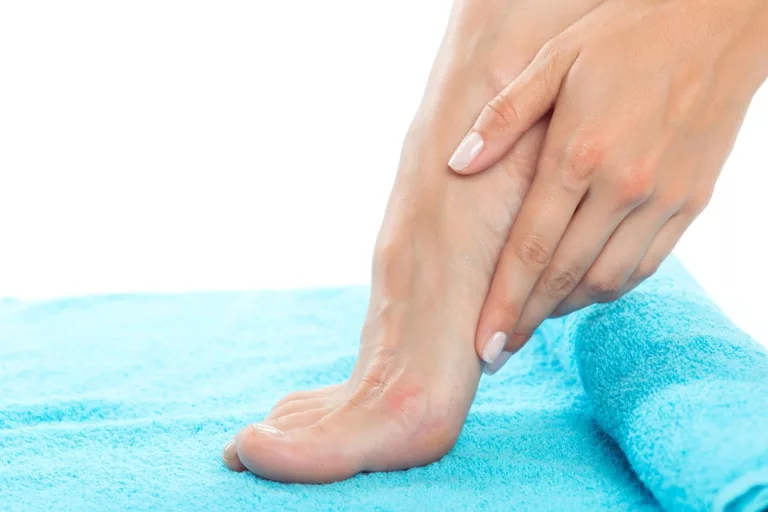Are you familiar with that inexplicable urge to move your legs while you’re trying to drift off to sleep or when sitting for extended periods? You’re not alone—this phenomenon, known as Restless Legs, is a condition that plagues countless individuals, leading to discomfort and disrupting daily life. Let’s delve into what Restless Legs Syndrome (RLS) is, what causes it, and how you can find relief and enjoy uninterrupted rest.
Understanding Restless Legs Syndrome (RLS)
Restless Legs Syndrome doesn’t discriminate; it can affect anyone regardless of age or gender, though it’s more prevalent in middle-aged individuals. But what exactly is RLS? Simply put, it’s a neurological disorder characterized by an uncontrollable urge to move the legs, usually due to an uncomfortable sensation. These sensations—often described as crawling, creeping, throbbing, or pulling—can make relaxation and sleep nearly impossible.
While there isn’t a one-size-fits-all solution for managing Restless Legs, understanding potential triggers and treatment options can be a game-changer in improving your quality of life.
What Causes Restless Leg Syndrome?
The root cause of RLS is still a topic of research; however, several factors have been associated with the onset of this condition:
- Genetic Predisposition: A family history of RLS can increase your chances of experiencing symptoms.
- Iron Deficiency: Lower levels of iron in the brain may contribute to RLS.
- Pregnancy: Hormonal changes during pregnancy can temporarily lead to RLS symptoms, especially in the last trimester.
- Chronic Conditions: Conditions such as diabetes, peripheral neuropathy, and kidney failure can trigger RLS symptoms.
- Medications: Some antipsychotic drugs, antidepressants, and cold and allergy medications containing antihistamines can worsen RLS symptoms.
- Lifestyle Factors: Excessive alcohol consumption, tobacco use, and a sedentary lifestyle can heighten the risk of developing RLS.
What Helps Restless Legs Go Away?
If you’re battling Restless Legs, consider the following strategies to alleviate your discomfort:
- Maintain Regular Sleep Patterns: Establishing a consistent sleep schedule can improve symptoms.
- Exercise Moderately: Regular, moderate exercise can help, but avoid overdoing it, as excessive exercise might worsen RLS.
- Warm Baths and Massages: These can relax your muscles and reduce the occurrence of RLS symptoms.
- Iron Supplements: If your iron levels are low, supplements may be beneficial (consult with your doctor).
- Limit Caffeine, Alcohol, and Tobacco: Reducing or eliminating these substances can significantly improve symptoms.
How Should You Sleep With Restless Legs?
Adapting your sleep environment and habits can be instrumental in managing RLS:
- Use a Foot Wrap or Compression Socks: These can apply pressure and potentially reduce the urge to move your legs.
- Sleep in a Cool Environment: Lower temperatures can help calm your legs.
- Adopt a Legs-Up Position: Elevating your legs using a pillow can provide relief and promote better sleep quality.
What Is the Best Medication for Restless Leg Syndrome?
Medications for RLS are diverse, and the best choice often depends on individual circumstances. Possible prescriptions include:
- Dopaminergic Agents: These increase dopamine levels in the brain, which can relieve RLS symptoms.
- Iron Supplements: If you have iron-deficiency anemia, these can be effective.
- Anticonvulsants: These may help relieve pain and sensations.
However, always consult a healthcare professional before starting or changing medication.
The Importance of Professional Diagnosis
Diagnosing RLS can be complex, as there’s no single test for it. A foot and ankle surgeon or other specialist will review your medical history, and symptoms, and possibly conduct some tests to rule out other conditions. Additionally, they may analyze your ferritin levels, a protein that stores iron in your body, which, if low, can be linked to RLS.
Conclusion: Finding Your Path to Peaceful Rest
Living with Restless Legs can be a daunting challenge, but it can be met with informed strategies and professional assistance. By understanding the potential causes, adopting lifestyle modifications, and seeking medical advice, you can tackle RLS head-on and move towards restful, tranquil nights.




